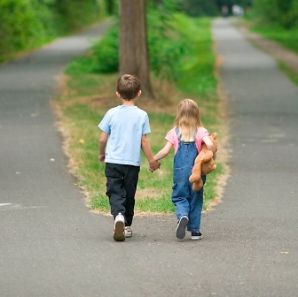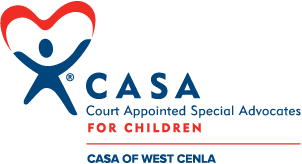Our programs and services are supported by our initiatives and campaigns to help raise awareness of our cause and further advocate on behalf of the youth we serve.
The Impact of Advocates
Child abuse and neglect can be prevented and stopped, and families strengthened, by proven programs that work! CASA provides a unique response on behalf of children that are:
- at risk of not having adequate nourishment, clothing, or shelter
- at risk of physical injury, illness, or handicap without adequate medical care
- at risk of not being encouraged, consoled, or nurtured by a caring, trusted adult
- at risk of lingering in foster care, waiting for a permanent, stable and secure home

A child with a CASA volunteer is more likely to find a safe, permanent home:
- More likely to be adopted
- Half as likely to reenter foster care
- Substantially less likely to spend time in long-term foster care
- More likely to have a plan for permanency, especially children of color
- Children with CASA volunteers get more help while in the system...
- More services are ordered for the children
... and are more likely to have a consistent, responsible adult presence.
- Volunteers spend significantly more time with the child than other parties in the case.
- Children with CASA volunteers spend less time in foster care...
"It is quite remarkable that children without CASA involvement are spending an average of over eight months longer in care, compared to children having CASA involvement."

... and are less likely to be bounced from home to home.
- CASA volunteers improve representation of children
- Reduce the time needed by lawyers
- More likely than paid lawyers to file written reports
- For each of nine duties, judges rated CASA/GAL volunteers more highly than attorneys
- Highly effective in having their recommendations adopted by the court
- Children with CASA volunteers do better in school...
- More likely to pass all courses
- Less likely to have poor conduct in school
- Less likely to be expelled
... and score better on nine protective factors:
Neighborhood resources, interested adults, sense of acceptance, controls against deviant behavior, models of conventional behavior, positive attitude towards the future, valuing achievement, ability to work with others and ability to work out conflicts.




